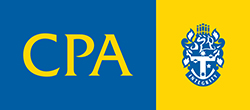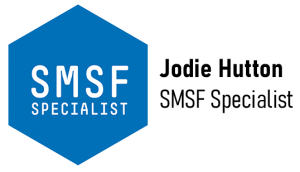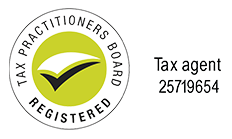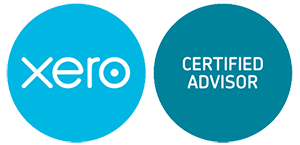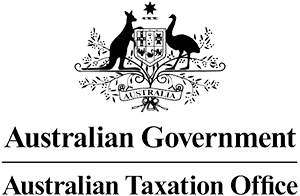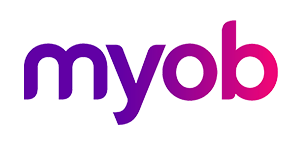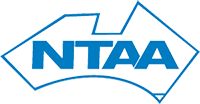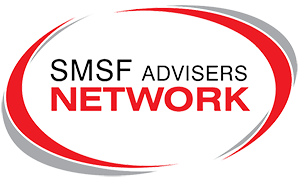Employer Obligations Checklist
All Australian states, other than Western Australia, have adopted the Commonwealth legislation on employer/employee relations. This is the Fair Work Act.
Employers in WA are governed by state laws except if the employer is a “constitutional corporation”, meaning, a corporation incorporated under the Corporations Law.
If in doubt about the legal status of your business, contact DBA Accountants.
The Obligations of an Employer Are:
To begin with…
If this is the first time your business has employed someone it will need to register as a PAYG Withholder with the ATO. This notifies the ATO that your business is going to have employees from whose wages it will withhold income tax. The ATO will re-format future BAS to allow the business to report wages paid and PAYG withheld, and to pay the PAYGW to the ATO.
If your business operates through a company, the directors of the company are employees.
Your employees will need to complete a TFN Declaration and Choice of Super Fund form.
You will need to check whether any industry awards apply and attend to employee contracts.
You and your business entity have obligations to keep employee records and to provide a safe work place.
Insurance must be in place to protect employees in the event of workplace injury. The different states call this insurance by different names and in WA it is called Workers’ Compensation Insurance.
And in the end…
Ceasing a person’s employment must be handled carefully to avoid possible accusations such as unfair dismissal or discrimination. The Fair Work website describes a process that can be followed.
Ongoing…
Withhold Tax
An employer is required to withhold tax from your employee’s wages. This is called Pay As You Go Withholding, or “PAYGW”. The amount to be withheld is calculated by using the ATO website calculators or by the payroll function in your accounting software. You will need information contained in each employee’s TFN declaration to make sure you are withholding the correct amount.
A PAYG Payment Summary needs to be prepared annually for each employee. This needs to be sent to employees by 14 July following the end of the financial year (30 June) and copies forwarded to the ATO along with a PAYG Payment Summary Statement.
The 14 July deadline does not apply to small, family businesses whose employees are all family members.
Superannuation
Employers are required to make superannuation guarantee contributions equal to a minimum of percentage of an employee’s “ordinary time earnings”. In limited cases superannuation is not required. The most common of these are:
- The employee earns less than $450.00 gross in a month
- The employee is aged 70 years or older
- The employee is aged less than 18 years and is working less than 30 hours per week
Superannuation contributions are required to be paid on behalf of contractors who work on a labour-only, or substantially labour-only, arrangement.
Superannuation contributions need to be paid into a complying superannuation fund in accordance with the Choice of Super Fund form completed by your employee.
Payment must be made not later than 28th of the month following the end of each calendar quarter. If not paid on time, contributions are not tax-deductible. Also, late paid contributions must be reported to the ATO and a process followed – call DBA Accountants.
Fringe Benefits
If you provide non-cash benefits (called “fringe benefits”) to your employees or their associates (typically family members), your business may be required to pay Fringe Benefits Tax (FBT).
Pay Roll Tax
This is a State tax on employers with total payroll above certain thresholds. “Payroll” in this sense includes wages & salaries, super, labour-based contractors and fringe benefits.
Employee or Contractor?
Payments to bona fide contractors do not attract PAYGW, super or Pay Roll Tax. The ATO view is that contractors who provide their labour only, or labour and a few tools, are employees in all but name and their employers have all the employer obligations discussed here.
For Help
Contact DBA Accountants to arrange a meeting or to obtain a copy of the DBA Accountants Employment Tool Kit. The ATO also has a good range of information on their website. In WA, the Department of Commerce operates a telephone help service called Wageline. Similar named services operate in other states.

